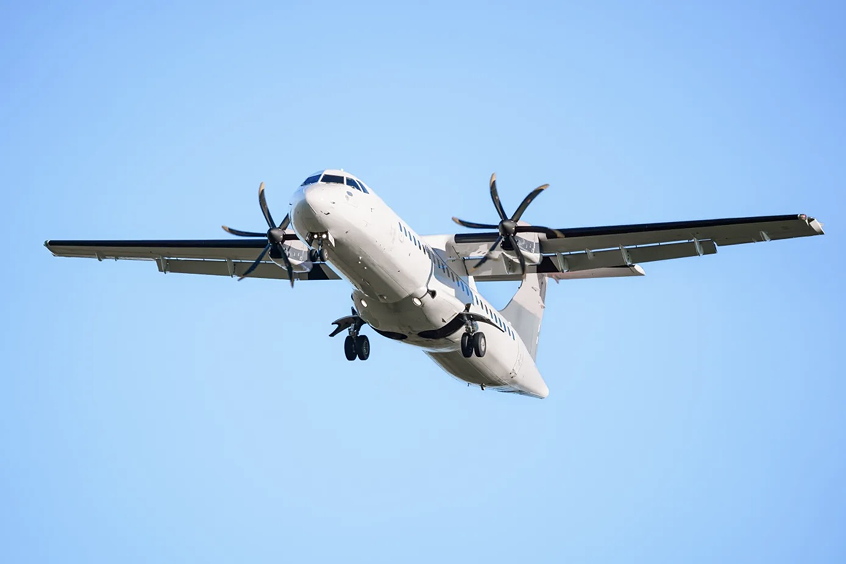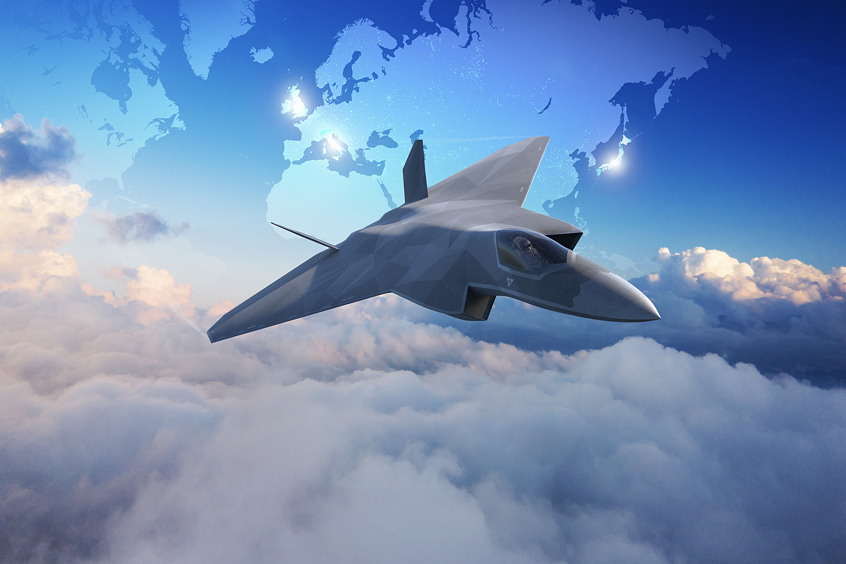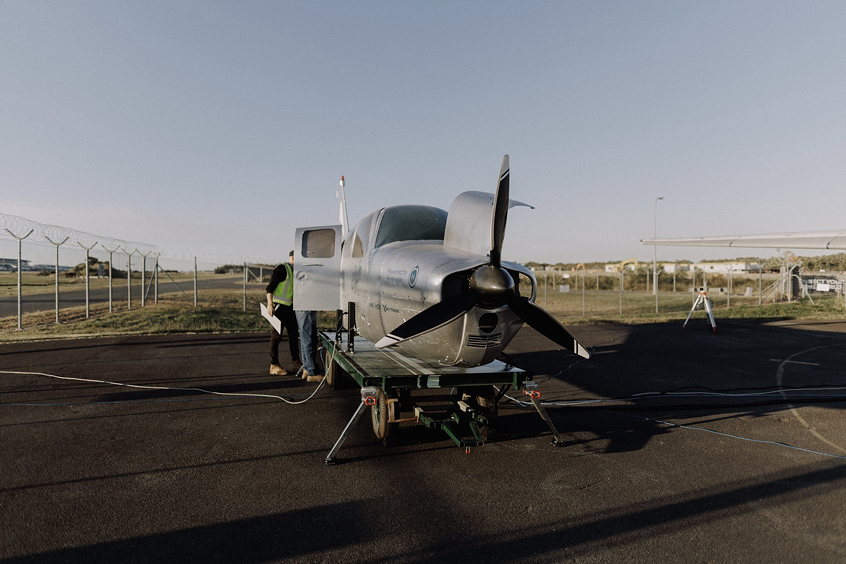MD Helicopters, Inc. (MDHI) has expanded and enhanced helicopter production capabilities at its Mesa, Arizona, world headquarters. Certified as a joint military and commercial manufacturing and completion center, with both Government ("GFRC") and FAA oversight, MDHI has improved the production processes for its full range of single-engine and light twin-engine aircraft.
"Over the past year we have been committed to streamlining the production and completion processes for both our military and commercial aircraft," said Lynn Tilton, Chief Executive Officer for MD Helicopters. "In addition to GFRC implementation, my operations teams have executed commercial line enhancements that eliminate redundant actions and ensure expert craftsmanship at every stage of the build."
MDHI's focus on process improvements has led to a robust production capability for both the MD 902 and MD 500 series airframes, with special focus on MD 530F, MD 530F Cayuse Warrior and MD 530G deliveries. For the MD 530F, MDHI's commercial customers can expect aircraft delivery 6 to 9 months after contract. For the MD 902 and future variants, including the MD 969 Twin Attack Helicopter, the implemented process improvements will provide a sound foundation for efficient integration of the Universal Avionics InSight EFIS Display System program currently under development.
"As a joint operational facility we have partnered with government and commercial oversight agencies to strengthen our position as a preferred provider of light single and twin engine aircraft," Tilton concluded. "We are excited to see the benefits of these relationships as we accelerate production and delivery of our highly-sought after MD 500series and MD 902 airframes."
| Contact details from our directory: | |
| MD Helicopters Inc. | Airframer |
| Related aircraft programs: |
| MD 500E/530F |
Weekly news by email:
See the latest Bulletin, and sign up free‑of‑charge for future editions.

Airbus Atlantic commits to EPI for metallic ATR components
Boeing commits to expand in Charleston County

GCAP partners agree to go ahead with next gen combat aircraft
